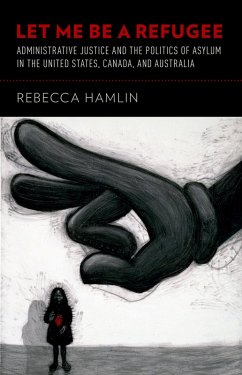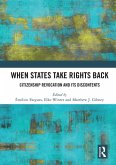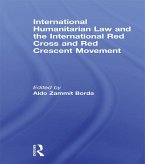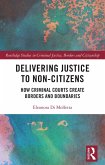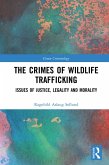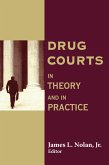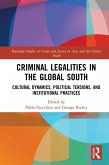International law provides states with a common definition of a "refugee" as well as guidelines outlining how asylum claims should be decided. Yet even across nations with many commonalities, the processes of determining refugee status look strikingly different. This book compares the refugee status determination (RSD) regimes of three popular asylum seeker destinations: the United States, Canada, and Australia. Though they exhibit similarly high levels of political resistance to accepting asylum seekers, refugees access three very different systems-none of which are totally restrictive or expansive-once across their borders. These differences are significant both in terms of asylum seekers' experience of the process and in terms of their likelihood of being designated as refugees. Based on a multi-method analysis of all three countries, including a year of fieldwork with in-depth interviews of policy-makers and asylum-seeker advocates, observations of refugee status determination hearings, and a large-scale case analysis, Rebecca Hamlin finds that cross-national differences have less to do with political debates over admission and border control policy than with how insulated administrative decision-making is from either political interference or judicial review. Administrative justice is conceptualized and organized differently in every state, and so states vary in how they draw the line between refugee and non-refugee.
Dieser Download kann aus rechtlichen Gründen nur mit Rechnungsadresse in A, B, BG, CY, CZ, D, DK, EW, E, FIN, F, GR, HR, H, IRL, I, LT, L, LR, M, NL, PL, P, R, S, SLO, SK ausgeliefert werden.

